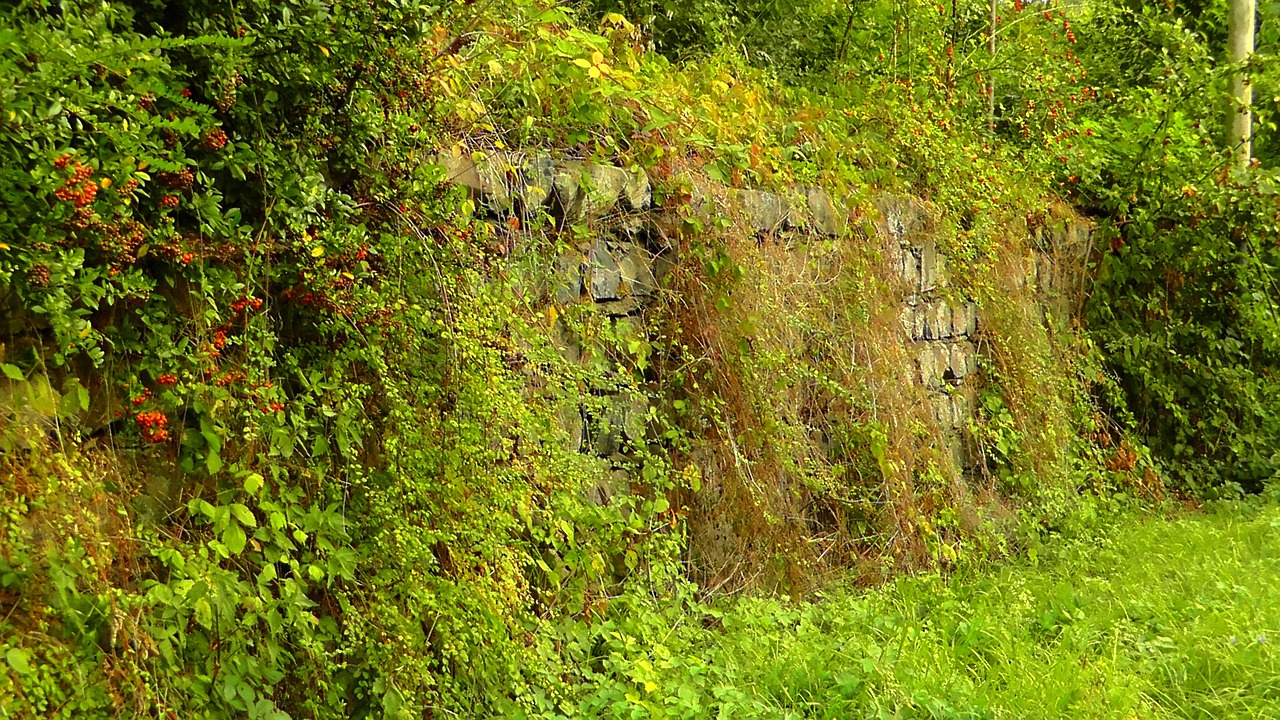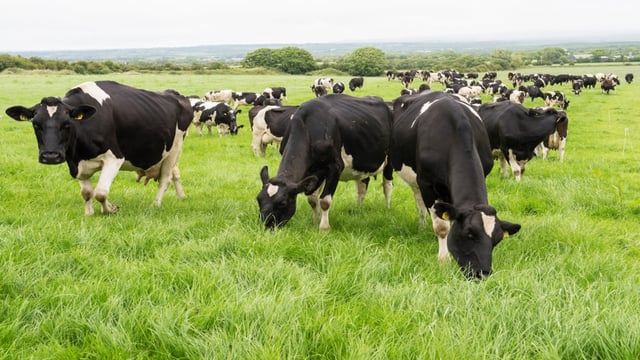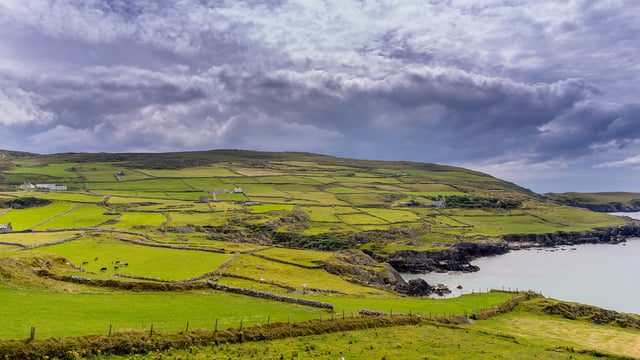BirdWatch Ireland calls on public to comply with hedge cutting laws
BirdWatch Ireland is calling on the public to adhere to the hedge cutting laws protecting wild birds, especially during the breeding period, which are now in force.
Under Section 40 of the Wildlife Act, the cutting and burning of vegetation begins on March 1 each year and ends on August 31.
BirdWatch Ireland said that it receives numerous calls every year from concerned members of the public over illegal and inappropriate cutting of hedgerows and burning of vegetation during the closed period.
The conservation organisation said that it is important to note that the laws regarding hedge cutting apply equally to urban and rural environments.
BirdWatch Ireland noted that hedgerows on farmland are important for a range of wildlife and provide livestock with shelter.
The charity welcomed the work farmers are doing across the country to improve hedgerows for biodiversity.
However, BirdWatch Ireland said that is "alarmed and disappointed" that in 2023 one-third of the sanctions issued to farmers inspected for Common Agriculture Policy (CAP) compliance were for removal of designated landscape features, cutting of hedges and/or trees during the bird nesting and breeding season and damage to landscape features.
To receive CAP basic payments, it is a legal requirement for landscape features to be retained, except in exceptional and limited circumstances.
The figures for 2024 sanctions are not yet available from the Department of Agriculture, Food and the Marine (DAFM).
“Many farmers are doing their utmost for biodiversity on their farms, but it is really alarming to see that one-third of CAP conditionality sanctions in 2023 were issued for removal of landscape features like hedgerows.
"We hope that this represents a minority of farmers breaking the law and conditions of the CAP payment, as only 1% of farmers receiving payments are inspected," Oonagh Duggan, head of policy and advocacy with BirdWatch Ireland, said.
"It is reassuring to see that the department’s inspection system is picking up these issues and we call on Minister [for agriculture] Martin Heydon to remind farmers of their legal obligations and their role in protecting biodiversity.
“Hedgerows are hugely important for breeding birds in Ireland, as well as for other creatures.
"Many species actively nest in hedgerows, while others, such as barn owls and bats, use these linear features as corridors to travel along and find prey. They are so important in the Irish landscape," she added.
BirdWatch Ireland noted that it remains an entirely separate offence under Section 22 of the Wildlife Act 1976 to wilfully destroy, injure, or mutilate the eggs or nest of a wild bird or to wilfully disturb a wild bird on or near a nest containing eggs or unflown young birds at any time of the year.
"Burning of vegetation in our uplands can also lead to very serious impacts including loss of life and threats to property as well as devastation of upland habitats and wildlife," the organisation said.





